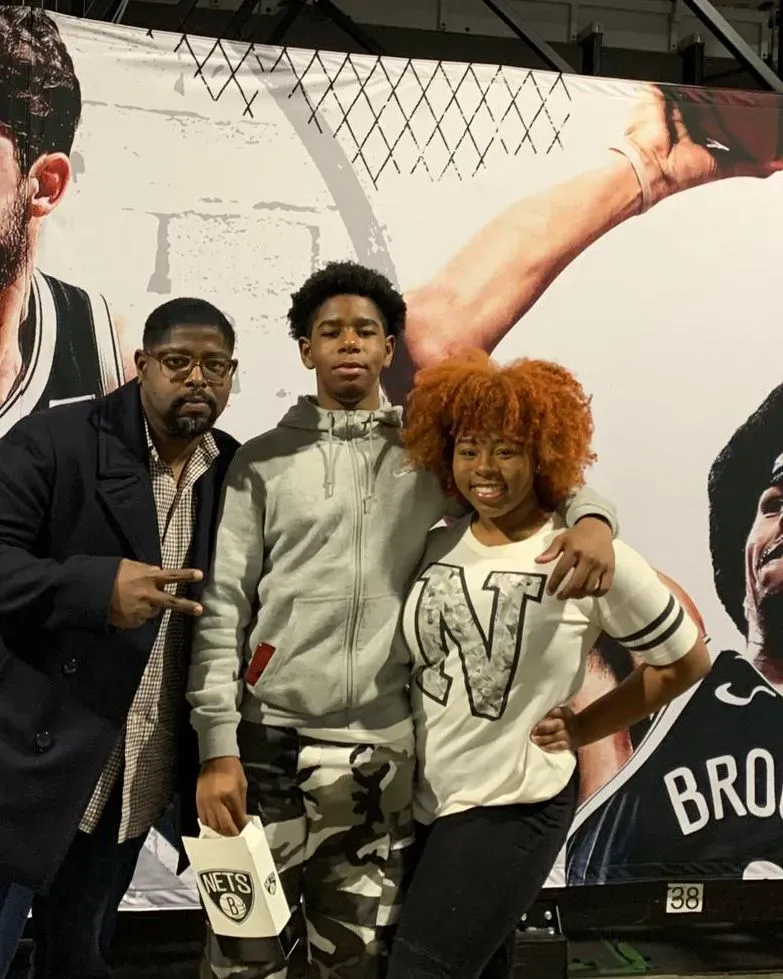
Job Transition
Beginning his career at Asian Pacific Health Care Venture was a full-circle moment for Dr. David La, a Pediatrician who says he’s passionate about giving back to children who share his background — being raised by immigrants navigating a new language, culture and health care system.
“We have a lot of Asian patients, and I’m able to relate to them because I’m first-generation here – my parents immigrated from Vietnam,” Dr. La says. “That’s what drew me to this job. I wanted to work with an underserved community. I understand who these kids and families are. I speak their language, and I can relate to what they’re going through.”
Dr. La is one of two Pediatricians at APHCV, a federally qualified health center that has grown from a non-profit subcontractor in the 1980s to four community health centers in the areas of Los Angeles that most need its unique brand of culturally accessible health care. Its nearly 20 physicians and advanced practice clinicians collectively speak more than 10 languages, including Thai, Cambodian, Vietnamese, Mandarin and Japanese.
After graduating with his Doctor of Osteopathic Medicine in Nevada, Dr. La completed his residency in Pediatrics at LA County/University of Southern California. He says he remembers applying for dozens of jobs before Provider Solutions & Development recruiter Mary Kay Moreau called him.
“Mary Kay reached out to me, and the more she described APHCV and this position, the more it seemed to fit everything I was looking for,” he says.
From there, Dr. La says things happened fast and a few months later, he was fulfilling his dream of living in LA and working with children and families who specifically sought out the Los Feliz Health Center.
“We have families who will drive over an hour to come and see us,” Dr. La says. “We are busy from the time we open until we close. It’s mostly word-of-mouth that brings patients in.”
Asian Americans and Pacific Islanders (AAPI) are the fastest-growing racial group in the U.S., according to the 2019 U.S. Census Bureau population estimate, accounting for 18.9 million, or 5.7%, of the nation’s population. The U.S. Asian population represents people with roots to more than 30 countries, each with its own unique history, culture and language.
And yet, the AAPI community has distinct health challenges. According to a U.S. Department of Health and Human Services Office of Minority Health report, Asian Americans and Pacific Islanders are the least likely racial and ethnic group to report having a personal doctor — 19.4% do not have a usual source of health care. This leads to lower rates of routine screenings and preventive care, poorer quality care and higher disease incidence. The biggest barriers to care are language, cultural and financial factors.
For Mary Kay, recruiting for APHCV has been a rewarding experience. She says it’s an example of a health organization that is doing things right.
“Asian Pacific has a whole team dedicated to tearing down those barriers and helping these patients gain access to health care,” she says. “The patients are so appreciative! It’s exceptionally gratifying work. This is a smaller organization that doesn’t have the hiring resources that large systems do. Recruitment is a difficult undertaking for them. We bring that expertise to the table, and I’m so pleased we’ve been able to find incredible physicians like Dr. La for them.
“These providers speak the languages, they know the experiences and they know what it’s like. To be able to offer customized, nurturing care in this way, it cannot be overstated how important that is to these communities.”
Dr. La says his first year as a doctor has had the typical stressors, with the added layer of the COVID pandemic. But he is often buoyed by the feedback he gets from the parents of the children he treats.
“With one of my patients, we’ve tried so many things, and we’re making progress, but we’re still on that journey of figuring out what’s going on,” he says. “And the mother told me the other day how thankful she is for me and how much my effort means to her, but more than that, she said, ‘Thank you for caring so much.’ That really meant a lot to me.”
Dr. La says he loves to joke around with his young patients, who often ask him how he became a doctor.
“I tell them that I really wanted to be a professional athlete, but in the end, it just wasn’t meant to be,” he says, laughing. “But I stuck with my studies. I thought I wanted to be a teacher, but then I realized that medicine was an opportunity to teach kids. I teach them every day about exercise and about health. I found a career I enjoy that lets me do a lot of what I aspired to do.”
As he builds rapport with his patients, Dr. La says he can see why APHCV is the health organization of choice for so many in Los Angeles’ AAPI community.
“Things can get lost in the larger health systems, especially from a cultural standpoint,” he says. “And I think a lot of our success is about trust. Our patients hear about us from their grandmas and their aunts and uncles and their cousins. They come and see us, and we are like them. They can relate to us. They’re at home here.”